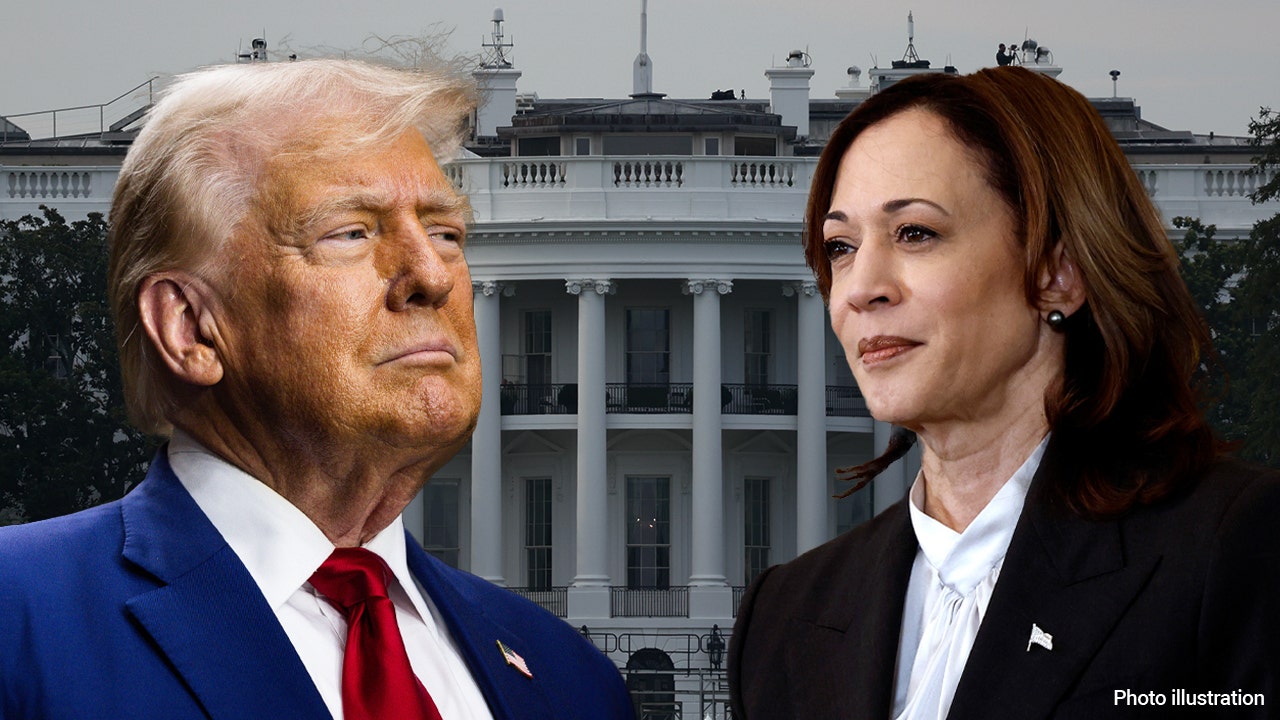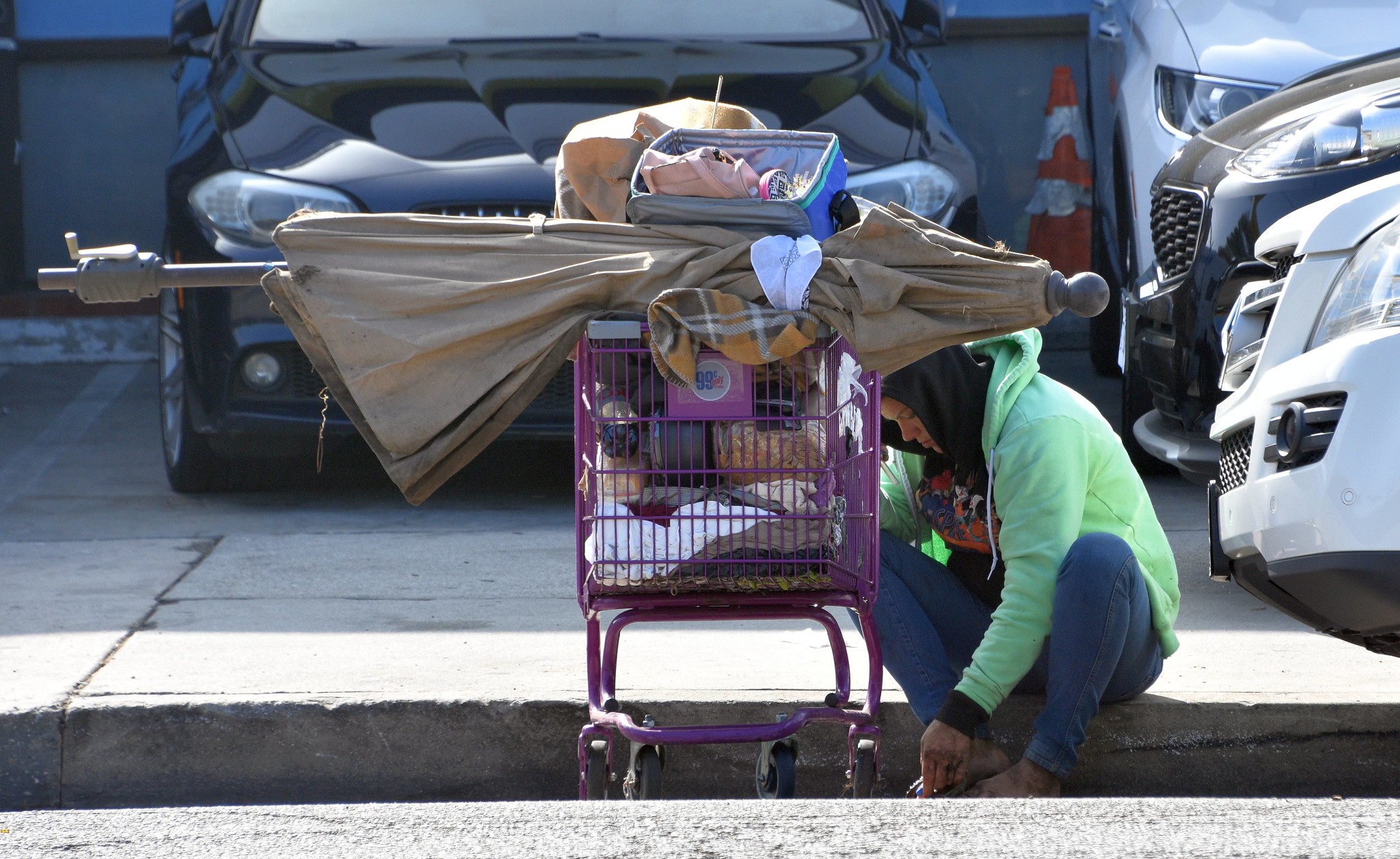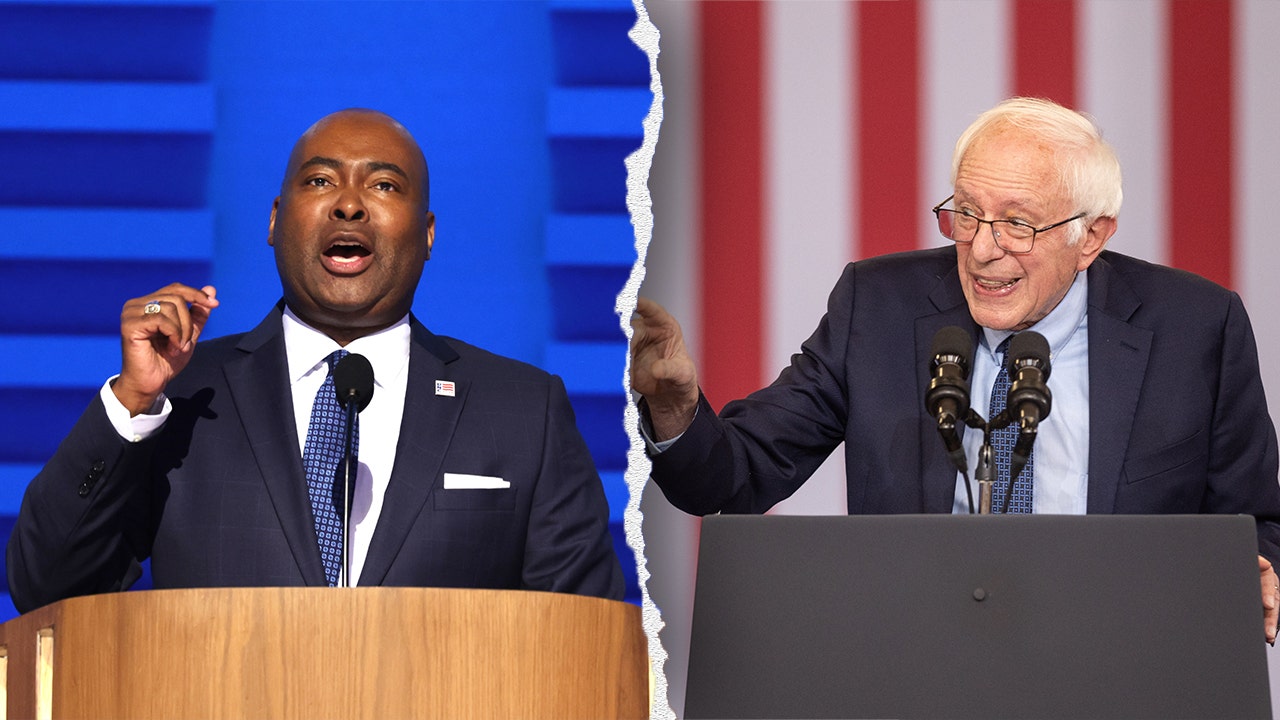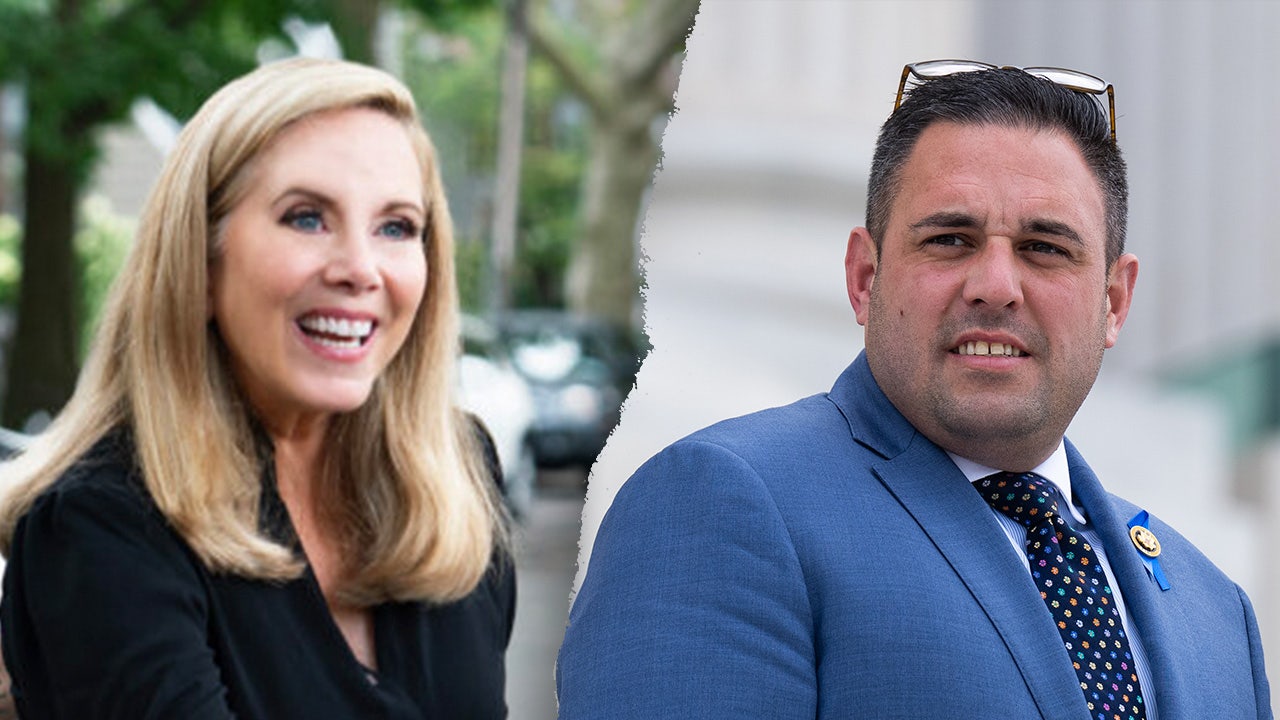Virginia
3 new laws in Virginia to impact renters, landlords starting July 1

NORFOLK, Va. — Landlord-tenant disagreements are some of the most common issues seen before Virginia’s district court judges. Attorneys told News 3 that renter problems amount to roughly 60% to 70% of district court cases. That’s why they said it’s a good idea for you to know your rights, whether you’re the renter or the landlord.
From living conditions to price hikes and unexpected policies, Hampton Roads residents say renting can be great or a headache.
“The place that I am in now, it’s okay, but the one before that was an apartment. I had a lot of mildew trouble,” said Lisa Golson, of Portsmouth.”It was hard to get the landlord or the realtors to come to the house and check out the property.”
Three new laws that take effect in Virginia on July 1 will attempt to address some of these issues.
“For the most part they’re well thought out,” said Larry Lockwood Jr., an attorney at Hunter Law Firm.
The first law, H.B. 1702, requires your landlord, if they own or have more than 10 percent interest in more than four rental units, to give tenants more notice before raising the rent. Renters will get 60 days’ notice so they will have more time to find other living arrangements if needed.
“It doesn’t really put any additional burdens on landlords but keeps landlords from doing some unscrupulous business practices,” said Lockwood.
The second law, H.B. 2441, prevents apartment complexes from evicting tenants one by one. This applies mostly to landlords that are planning to stop renting to a large number of their tenants.
“If a landlord decides they are going to go out of the rental business, or turn their rental building into a condo or tear it down and turn it into a hotel or resort or whatever,” Lockwood said. “They can’t just let the apartment’s agreements expire one by one.”
In addition, landlords will have to give tenants 60 days of notice if they’re not going to renew many leases (either 20 or more month-to-month tenancies or 50 percent of the month-to-month tenancies within a 30-day period, whichever is greater).
The third law, H.B. 1635, gives tenants a refund option if they move in and then find the apartment is uninhabitable.
“There are rodents, or something you missed on the original walk-through, something you couldn’t have seen until you were living there,” Lockwood said. “It gives you seven days to give notice to the landlord that it’s uninhabitable, you’re moving out, you’re done.”
It’s meant to help folks get money back and then into a new place more quickly.
But if you have an issue, Lockwood said you shouldn’t just stop paying rent. Instead, he said, check with an attorney.
“The lawyer would typically say go down to the courthouse and do a tenant’s assertion. This is what you do. And they would have been protected. A little bit of knowledge goes a very long way, especially when you’re dealing with renting apartments,” said Lockwood.
Lockwood added it’s a good idea to document everything, especially during the initial walk-through. He said you can video record every square inch of your apartment and carefully note defects prior to move-in.

Virginia
Gov. Youngkin committed to Virginia, no plans to join Trump administration
ROANOKE, Va. (WDBJ) – Gov. Glenn Youngkin told WDBJ7 he is committed to completing his term as Governor despite rumblings he could be tapped for a potential cabinet position in President-Elect Donald Trump’s administration.
“I am so excited about what President Trump is going to do in leading America, and I have committed to him that I will support him in any way I can from my seat as governor of Virginia,” Youngkin said.
The governor said he talks to Trump frequently and has developed a great relationship with the former president. However, Youngkin said he knows that Virginians hired him for four years, and he plans to fulfill that obligation.
Copyright 2024 WDBJ. All rights reserved.
Virginia
Richmond District Weekly Traffic Alert: November 9-15, 2024

All work is scheduled weather permitting. Updated information on work zones and lane closures is available on 511Virginia.
RICHMOND — In an effort to keep motorists informed, the Virginia Department of Transportation (VDOT) provides weekly information about highway construction and maintenance projects in central Virginia. When traveling through highway work zones, use caution and be alert to changes in traffic patterns and slow-moving or stopped traffic.
To help motorists with their travel plans, VDOT’s 511 provides real-time traffic information. Visit www.511Virginia.org, download the 511VA app, or call 511 for more information.
Read the Richmond District November 9-15, 2024 Weekly Travel Advisories.
Last updated: November 7, 2024
Virginia
Why have only two Virginia localities adopted ranked-choice voting? • Virginia Mercury

While many Virginians focused on this year’s congressional and presidential elections, Arlington County became the first locality in Virginia to use ranked-choice voting for city and county governing bodies in the general election Tuesday.
But three years after a law went into effect giving localities the option to adopt ranked-choice voting, only Arlington County and the city of Charlottesville have adopted the method common in college campus elections by students, and primary elections and conventions by Republicans in the commonwealth.
The chief concern has been around the lack of education.
“The biggest obstacles that we face in more localities adopting ranked-choice voting is that it’s always new, that it’s a change and I think especially changing the way we vote … in that space is hard,” said Liz White, executive director for UpVote Virginia, which has advocated for ranked-choice voting.
Arlington County became the first locality to adopt ranked-choice voting for its Democratic primary in June 2023 and again in June 2024. The process allows voters to rank candidates in order of preference, with elections officials reallocating those votes through several rounds of counting ballots.
On Tuesday, it was used for an open seat on the Board of Supervisors, which favored veteran JD Spain Sr., a Democrat who won with 58% of the first-choice votes.
Voters’ initial reactions were mixed. Some said they wished they had researched more about the candidates, but one admitted that they only ranked one of the four candidates out of preference. Other voters said they were also pleased to receive guidance about the process from volunteers at their precinct.
“I liked it actually because it’s tough when it’s a binary choice, like one or the other,” said Parker Wood, an Arlington resident. “I think it’s pretty good. It gives a more accurate distribution of data in terms of (what) people think.”
An exit survey conducted after the June primary by FairVote, a nonpartisan organization focused on voting reforms, found that 88% of Arlington voters said ranked- choice voting was “easy” and 67% said “they’d like to use it for future elections.”
Under former Democrat Gov. Ralph Northam, Virginia passed legislation in 2020 allowing localities to use the election method for city and county governing body elections. But lawmakers will have to consider renewing the legislation before it sunsets on July 1, 2031.
According to the state law, votes will be counted in each step to determine who wins or who has the least number of votes.
Advocates say the goal is to reflect the actual majority of the vote. However, some argue that may not be true under single transferable voting, which could allow candidates with minimal support to be elected to office.
Winter said ranked-choice voting could have been an idea instead of single choice voting in two Democratic primaries this past spring, where more than a dozen candidates vied for seats in the 7th and 10th Congressional Districts held by Abigail Spanberger and Jennifer Wexon, respectively.
Eugene Vindman, an Army veteran, won the 7th District primary with 49% out of seven candidates. However, in the 10th District primary, state Sen. Suhas Subramanyam won with 30.4% of the vote out of 12 candidates.
“I think having more cases in which ranked-choice voting could make a difference is going to help propel a lot of these local conversations forward,” Winter said, adding that having a ranked choice voting could have helped determine who the majority of voters believe should represent them.
Charlottesville’s about to become the second Virginia city to adopt ranked choice voting
In September, the Charlottesville City Council voted to adopt the method starting next year with the City Council primary in June.
Sally Hudson, former state delegate and author of the ranked-choice legislation, said at the Sept. 3 meeting that the creation of the state law involved top election law experts and organizations in drafting the legislation.
“A lot of people have done a lot of careful work over the last four years to get us where we are today,” Hudson told the council. “To use the popular parlance of our time: this ordinance did not just fall out of a coconut tree. We exist in the context of all that came before us, and in Charlottesville, that context goes back centuries.”
At that meeting, council members agreed to appropriate $26,460 for an educational and outreach program and to purchase equipment for ranked-choice voting tabulation.
In a second vote to adopt the election method, Council Member Lloyd Snook voted in opposition, citing concerns that a voter’s second selection could be devalued.
Instead, Snook recommended a sequential instant runoff system, claiming it could be a better alternative. Under the single transferable voting method, he disagreed that candidates who won would reflect the true majority of the vote.
“Although I completely agree with the notion of ranked choice voting, and would be really quite pleased to do it under a sequential, instant runoff voting system, I think most folks that I’ve talked to don’t understand how single transferable voting will actually work in terms of what that allocation looks like,” Snook said at the Sept. 3 meeting.
In response, Winter said that’s not the case because “voting for multiple candidates is a means to an end to achieve proportional representation,” White added.
“I think without understanding the why of proportional representation, it just feels like we took away one of your votes,” White said. “I understand that’s an adjustment, but the idea is to ensure that every voter is represented.”
Lawmakers have sought to expand the law to presidential primaries, but it failed in 2023.
YOU MAKE OUR WORK POSSIBLE.
-
Business6 days ago
Carol Lombardini, studio negotiator during Hollywood strikes, to step down
-

 Health1 week ago
Health1 week agoJust Walking Can Help You Lose Weight: Try These Simple Fat-Burning Tips!
-
Business6 days ago
Hall of Fame won't get Freddie Freeman's grand slam ball, but Dodgers donate World Series memorabilia
-

 Culture5 days ago
Culture5 days agoYankees’ Gerrit Cole opts out of contract, per source: How New York could prevent him from testing free agency
-

 Culture3 days ago
Culture3 days agoTry This Quiz on Books That Were Made Into Great Space Movies
-

 Business1 week ago
Business1 week agoApple is trying to sell loyal iPhone users on AI tools. Here's what Apple Intelligence can do
-
/cdn.vox-cdn.com/uploads/chorus_asset/file/25299201/STK453_PRIVACY_B_CVirginia.jpg)
/cdn.vox-cdn.com/uploads/chorus_asset/file/25299201/STK453_PRIVACY_B_CVirginia.jpg) Technology6 days ago
Technology6 days agoAn Okta login bug bypassed checking passwords on some long usernames
-

 Politics1 week ago
Politics1 week agoTrump pledges 'America's new golden age' as he rallies in PA's post-industrial third-largest city




















